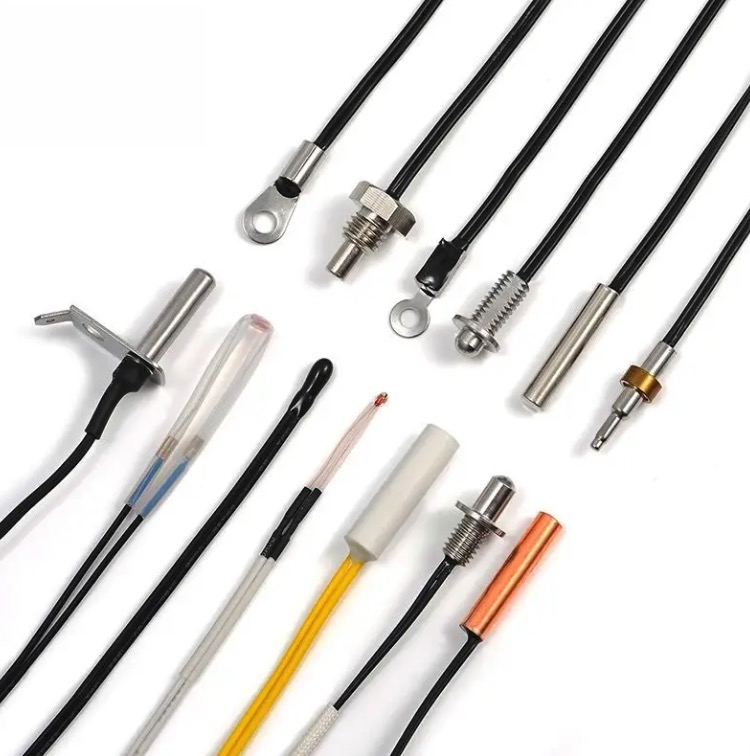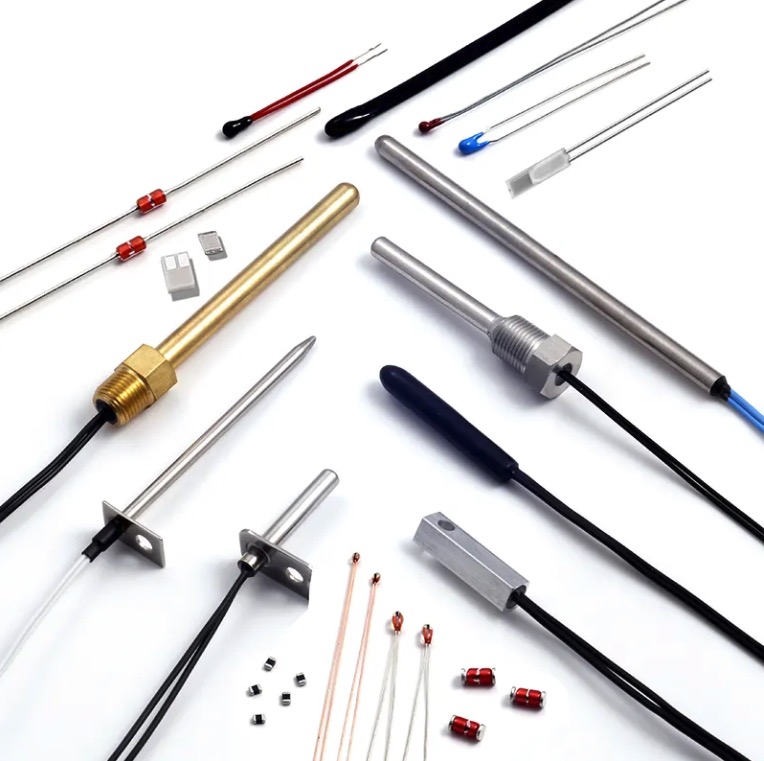Digital Temperature Controller with Sensor: An Advanced Solution for Precision Temperature Control
Abstract
In today’s fast-paced and technologically advanced world, precise temperature control has become crucial in various industries and applications. Whether it’s maintaining the ideal temperature in a laboratory, optimizing energy consumption in HVAC systems, or ensuring food safety during transportation, a reliable digital temperature controller with a sensor is indispensable.
Introduction
Temperature control plays a vital role in several industries, ranging from manufacturing and healthcare to research and development. The advancements in technology have introduced digital temperature controllers with sensors that offer unparalleled accuracy, responsiveness, and flexibility in maintaining desired temperature levels.
The Importance of Precision Temperature Control
Precision temperature control is paramount in many applications. For instance:
-
Industrial Processes: In industries like pharmaceuticals, chemical, and semiconductor manufacturing, maintaining precise temperatures is crucial for product quality, process stability, and yield optimization.
-
Laboratory Research: Scientific experiments and research require strict temperature control to ensure reliable results. A digital temperature controller with a sensor provides the necessary precision and stability.
-
HVAC Systems: Energy-efficient cooling and heating are essential in commercial buildings. With advanced temperature controllers, HVAC systems can adapt to changing conditions and optimize energy consumption.
-
Food Safety: From production to transportation, maintaining proper temperature is vital for food safety. Digital temperature controllers with sensors help prevent spoilage and maintain freshness.
Features and Benefits of a Digital Temperature Controller with Sensor
When it comes to precision temperature control, a digital temperature controller with a sensor offers several advantages:
-
Precision and Accuracy
The advanced sensor technology combined with precise control algorithms ensures accurate and stable temperature control within narrow tolerances.
-
Responsive and Fast
Digital temperature controllers can quickly detect temperature variations and make necessary adjustments in real-time, allowing for rapid response and minimal temperature fluctuations.
-
Flexibility and Customization
Modern controllers offer extensive programmability and customizable settings, allowing users to adapt and optimize temperature control based on specific requirements.
-
User-Friendly Interface
Intuitive graphical interfaces and user-friendly controls make it easy to operate and monitor the temperature controller, simplifying the setup and adjustment procedures.
-
Remote Monitoring and Control
With remote connectivity options, digital temperature controllers enable monitoring and control from anywhere, enhancing convenience and facilitating data collection.
Conclusion
A digital temperature controller with a sensor is an essential tool for precise temperature control in various industries. Its advanced features, accuracy, and responsiveness make it indispensable for maintaining optimal temperature conditions. Whether you need to optimize industrial processes, conduct scientific research, or ensure food safety, investing in a reliable digital temperature controller will yield significant benefits.
Article Abstract
| Introduction | The Importance of Precision Temperature Control | Features and Benefits of a Digital Temperature Controller with Sensor | Conclusion |





